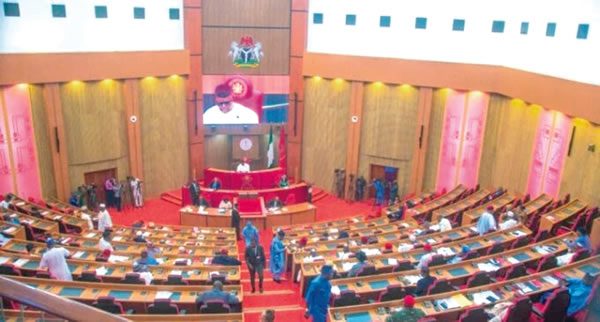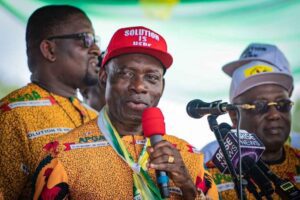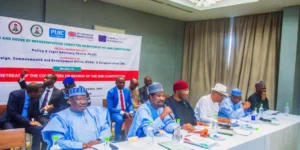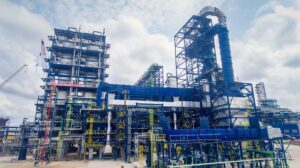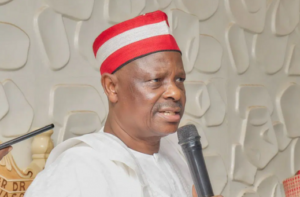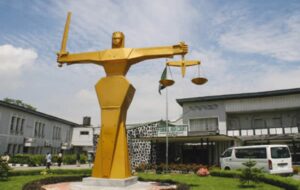The Nigerian Senate, through its Finance Committee, has expressed grave concerns over inconsistencies in the nation’s revenue generation and expenditure tracking. During an investigative hearing on Monday, lawmakers scrutinized fiscal accountability, internally generated revenue, and delays in capital budget implementation, 9am News reports.
Chairman of the Finance Committee, Senator Sani Musa, highlighted the inefficiencies within the centralized payment system managed by the Office of the Accountant General of the Federation. He emphasized that this system hampers project execution, undermines public trust, and impairs effective oversight. According to Musa, discrepancies in financial reports from key agencies, including the Nigerian National Petroleum Company Limited (NNPCL) and the federation account, exacerbate fiscal mismanagement.
Musa remarked, “We should be able to determine, at any point, the exact state of revenues collected, their disbursement, and allocations. Unfortunately, that is not the case today.” He further identified issues like underutilized capital budgets and inadequate revenue from stamp duties as critical challenges requiring immediate attention.
Centralized Payment System Under Scrutiny
Lawmakers heavily criticized the centralized payment policy that mandates over 700 Ministries, Departments, and Agencies (MDAs) to process payments through the Accountant General’s office. They argued that this policy creates bureaucratic bottlenecks, delaying payments for completed projects and stalling government operations.
During the session, the Accountant General of the Federation, Oluwatoyin Madein, defended the policy, claiming it was introduced to curb inefficiencies and prevent the annual rollover of unutilized funds. However, she acknowledged that some MDAs failed to comply with the system, resulting in significant delays.
Senators countered that the system has stifled progress rather than improving efficiency. They reported instances where contractors were allegedly required to pay under-the-table fees to expedite payment processes, a practice that undermines the system’s integrity.
Revenue Discrepancies and Poor Budget Performance
The Senate also questioned the Accountant General over Nigeria’s poor budget performance. Despite an N8 billion capital allocation for 2024, only N2.9 billion (25%) has been released for project execution. Lawmakers linked the low performance to inadequate tax collection, citing stamp duty revenues from 2020 to 2024, which amounted to only N30.3 million, far below expectations.
Senator Amos Yohanna from Adamawa North lamented, “Federal government revenue is suffering because budget performance is poor. Taxes remain low because payments are not made. We need a system that works.”
In response to the identified inefficiencies, the Finance Committee resolved to summon additional agencies, including the Revenue Mobilisation Allocation and Fiscal Commission (RMAFC) and the Nigerian Extractive Industries Transparency Initiative (NEITI), for a joint session. The aim is to foster greater clarity and ensure consistency in financial reporting.
As 2024 draws to a close, lawmakers stress the urgency of resolving these systemic inefficiencies to avoid further delays and financial rollovers. The Senate’s efforts reflect a growing commitment to strengthening Nigeria’s fiscal policy framework and enhancing transparency, according to 9am News.
Stay tuned to 9am News Nigeria for more Breaking News, Business News, Sports updates And Entertainment Gists.

